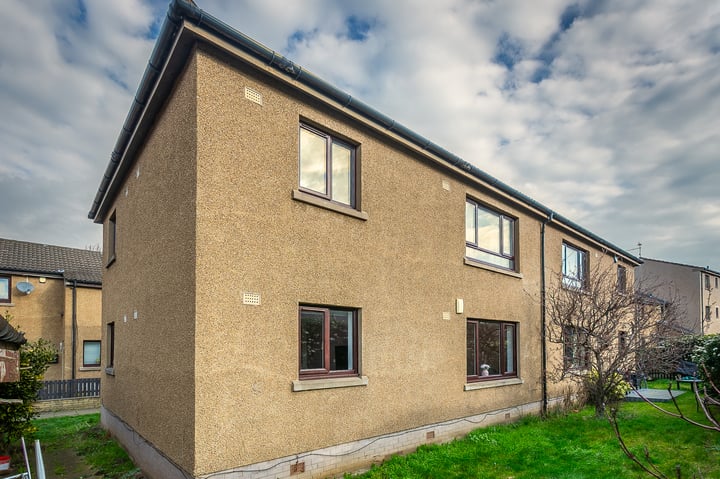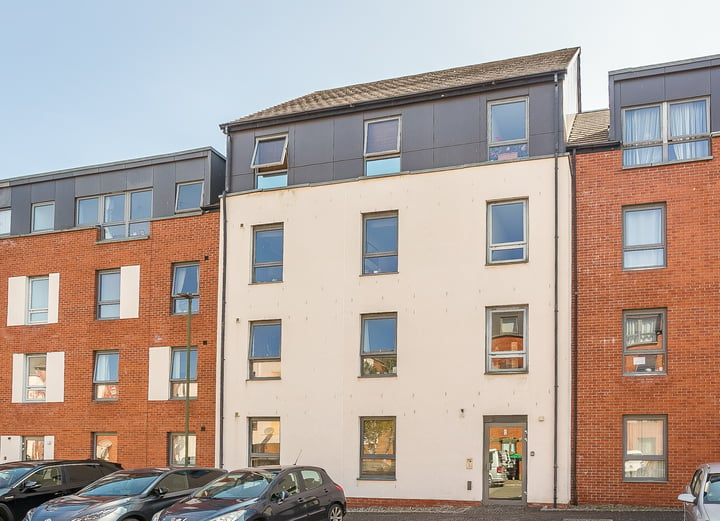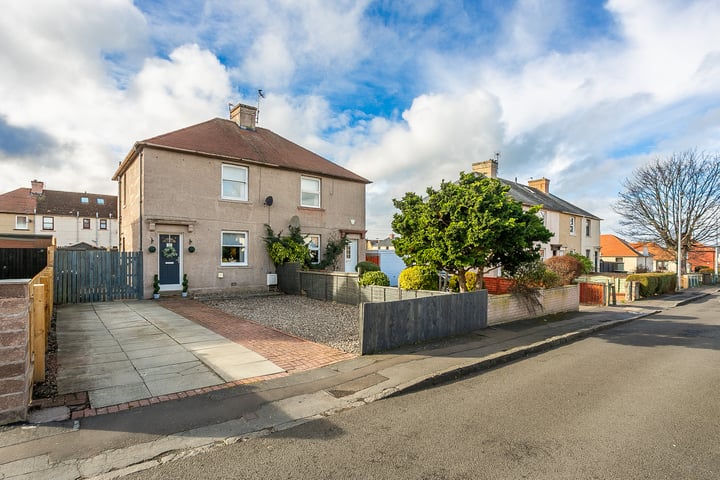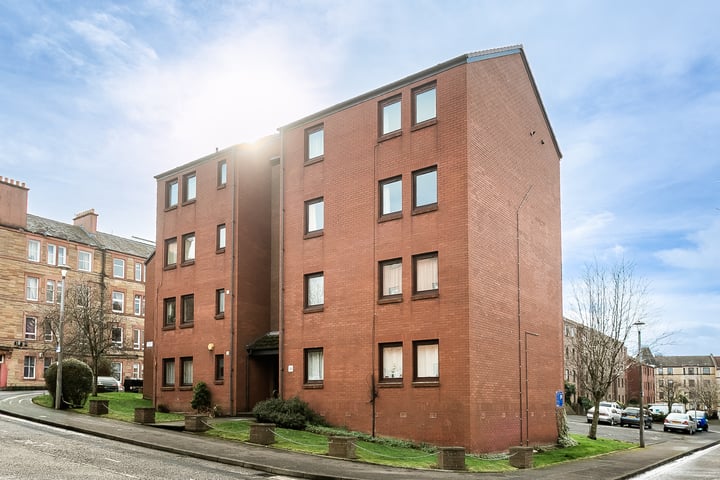George Osborne yesterday revealed his Budget for 2012. The Budget included an increase in the 0% rate of tax and cuts to corporation tax, all of which are very welcome from a business and personal point-of-view. However, given that we sell properties in Scotland for our clients, it’s the impact of wider changes to property-related taxes that we really keep an eye out for. Below is a summary of how these changes might affect YOU as a potential property buyer or seller in Scoltand.
The simplest summary of the property-related changes that I was able to find today was on The Telegraph website:
So, What Do These Property-Related Changes in the Budget Mean for Property Buyers and Sellers in Scotland?
The biggest straight-forward change that will affect some people in Scotland is the addition of a further Stamp Duty tax bracket of over £2 million. That was previously taxed at 5%. So someone buying a £2,000,001 property would need to pay £100,000 to HMRC when they purchased the property, quite separate from the amount of money they’d already put into the purchase. That was already a sizeable chunk of change. Well, now that same person will have to pay £140,000 to HMRC for the privilege of purchasing that property. That’s a whopping £40,000 tax hike overnight.
Sadly from the point of view of people who have the money to look at purchases in that price range, they don’t tend to attract much sympathy from the general public. It does have to be remembered that the earnings that allowed them to make that purchase have ALREADY been taxed though. And, until George Osborne changed it yesterday, probably at 50%. So it’s a pretty punitive tax in my opinion.
So how many of our selling clients are likely to be affected by this? Well, precisely none. £2 million buys you a LOT of house, even in the most expensive parts of Edinburgh or Aberdeen, so it’s not going to affect a huge number of people. However, it will have a particularly negative effect on a property priced at around £2.1 or £2.2 million.
In effect, it creates another ‘dead spot’ in terms of property pricing. In the same way as, if your property is ‘worth’ £255,000, you’ll still struggle to achieve more than £250,000 because of the hike in Stamp Duty from 1% to 3% at £250,000. So you end up with a bit of a ‘dead spot’ between £250,000 and £260,000.
Of course, if you are selling a £2 million property in order to buy a £2.2 million one and are worried about the extra Stamp Duty you’ll have to pay, one way to get that money back is by selling your property through MOV8 Real Estate and benefiting from our £795 plus VAT (£954) Fixed Estate Agency Fee rather than paying 1.5% to a ‘high end’ agent! I’m seriously not joking…!
Purchasing a Property Through a Company
This is unlikely to affect many of our property purchasers or sellers to be honest. It’s largely a tax avoidance scheme to avoid paying Stamp Duty on the purchase, or inheritance tax of 40% on death, on expensive properties by using offshore companies to buy the property and it’s not something I’ve been asked about by any client in all the time that I’ve been doing this job. However, if you were thinking about purchasing a property through a limited company, the Stamp Duty has now just been raised to 15%.
Obviously, The Telegraph is very south-east of England focused and there are many quotes from people about how this will affect the London property market, where a shoebox on Clapham High Street currently sells for about £2.5 million. However, for property buyers and sellers in Scotland this simply affects a lot, lot less people because of relatively lower property values. Location plays are part too: as far as I’m aware, Scotland doesn’t attract as many foreign oligarchs trying to get a foothold in a ‘safe’ foreign country with more a more stable economy and political regime to quite the same extent as London does.
Other than that, the Budget was quite business-focused and/or was focused only on robbing grannies, depending on whether you read the Financial Times or the Guardian. But I hope that this wee summary will give you a little bit more understanding about what these changes mean for you, in practice.






Leave a Reply